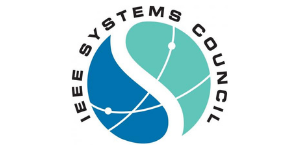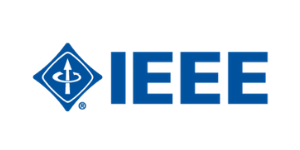- Condition monitoring and maintenance of industrial process, plants and complex systems
- Fault detection and diagnosis in Systems Engineering
- Evaluation of Reliability, Availability, Maintainability and Safety (RAMS), Risk assessment and management for Systems Engineering
- Impact of RAMS requirements in systems application devoted to Life and Society, environment and new energy sources
- Testing and Diagnostics (Destructive and Non-destructive Testing, Vibration monitoring, Built-in Test Equipment and Automatic Test Equipment, etc.) in the design of complex systems
Organizers:
Wenjun Zhang, Department of Mechanical Engineering, University of Saskatchewan (chris.zhang@usask.ca)
Tan Zhang, College of Computer Science and Software Engineering, Shenzhen University (tan.zhang@qq.com)
Abstract:
A generic model of many complex dynamic systems is that the system consists of a group of agents, which could be intelligent and non-intelligent. The word ‘intelligent’ refers to being able to learn, to change, and to making decision, while the word ‘non-intelligent’ refers to missing one, two or all of the three intelligent behaviors. The complexity refers to uncertainty of changes in the structure of each agent and the communication among agents. It is worth to mention that such a system differs from traditional multi-agent systems, in which all agents are intelligent, in that in such a system, non-intelligent agents need “help” from intelligent agents. Such a system may be called the under-intelligent agent system.
Resilience of a system makes sense to the ability of a system on its own resource to recover from an unexpected partial damage of the system and/or unexpected damage of environments. How to model, design and manage the operation of both intelligent agent systems and under-intelligent agent systems to improve their resilience is an important question. The management of operation includes planning, scheduling, coordination and execution.
The purpose of this special session is to bring together researchers to share knowledge of design and operation management of both under-intelligent agent systems and intelligent agent systems.
Organizers:
Haifeng Zhu, Otis Elevator Company
Fuhua Ma, Pratt & Whitney
Abstract:
Critical systems and infrastructure, in particular aerospace systems, are often complex and pose significant challenges to systems engineering. Similar to the Aerospace Systems Engineering session in IEEE SysCon, this special session welcomes a broader discussions on systems engineering issues related to aerospace and all critical systems/infrastructures (such as automotive, elevators, medical, etc.) that include but are not limited to: Systems Issues, Requirements and Architecture, Physics Modeling, Simulation and Analysis, Systems Integration & Verification, Autonomous Systems, Robotic Systems, Sensors Integration & Application, Human Machine Interfaces, Cybersecurity and Critical Communication Systems. Authors may submit theoretical or practical use case papers in aerospace and other critical systems areas.



Organizer: Prof. Pierre de Saqui-Sannes (pdss@isae-supaero.fr)
In 2015, the seventeen Sustainable Development Goals were formally adopted by the UN in by the General Assembly of the United Nations (UN) as its 2030 agenda for sustainable development.
Sustainability awareness has accordingly become a concern shared by many research programs and industry projects.
Design of sustainable systems requires evolutions in terms of thinking the systems themselves.
It also requires to revisit system engineering so as to rely on practices, in particular Model Based Systems Engineering, that will be sustainable by themselves.
This special session welcomes contributions that address sustainability awareness at the system level, at the systems engineering level, and both.
Topics: Prospective authors can provide original contributions in this topic which can cover, but not only, the following aspects: